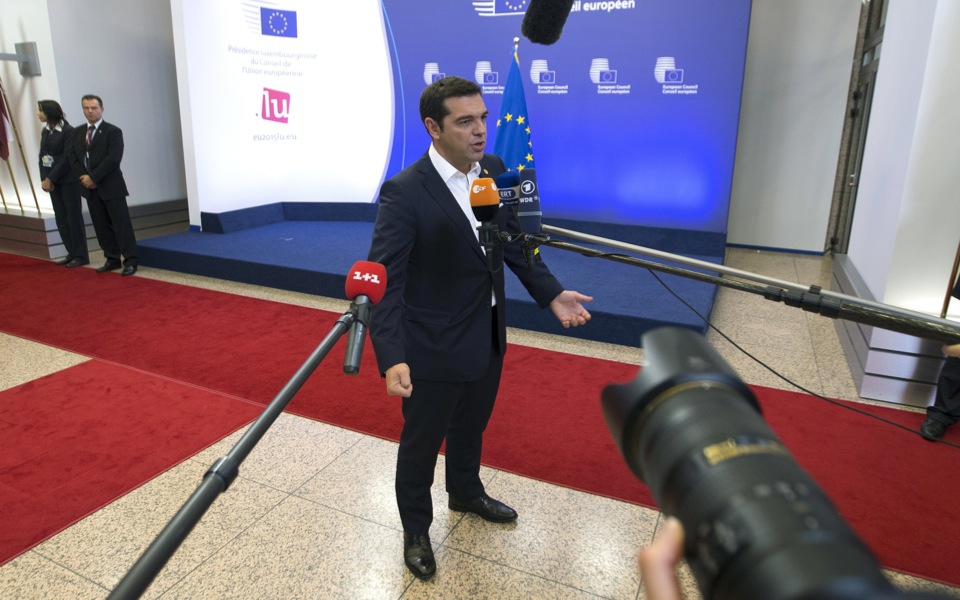The good-case scenario

Greece could do well for itself. That, of course, does not mean to say that it could turn into a tiger economy by next summer. The damage to the country’s production base combined with its zombie banks rule out over-optimistic scenarios.
Foreign investors have zero trust in the Greek economy. They bought into the success story of the Antonis Samaras administration and are now extremely hesitant. Political stability is anything but guaranteed as that there are still enough tensions inside SYRIZA to disrupt the implementation of third bailout agreement.
Nevertheless, there are some positive signs ahead that could, under circumstances, put Greece back on an upswing – where it would now stand had it avoided the instability caused by SYRIZA’s decision to force an early election in December.
The refugee crisis, meanwhile, has pitted some governments, particularly in Eastern Europe, against Athens and at the same time served as a reminder that Greece must not become a failed state.
Meanwhile, the German government appears to be reconsidering its Greece strategy. Finance Minister Wolfgang Schaeuble’s hardline attitude during the summer negotiations have caused skepticism in Berlin while allowing French President Francois Hollande to score some political points by playing the “good cop.” The Franco-German balance has long been upset but it seems that Paris would like to restore its former status. Hollande appears keen to take Tsipras by the hand through the next stage.
Washington has a key role in all this. The Obama administration and Hillary Clinton saw Tsipras in a positive light after he was catapulted onto Greece’s political stage. In their eyes, he was a thorn in Germany’s side and a leader that could modernize the country. They were soon disappointed by the mix of amateurism and some rather extreme positions.
Now, however, they are ready to buy into the narrative of a Tsipras who will move towards the political center while making brave decisions on reforms and privatizations. They are not alone in this, particularly if one takes a look at the French. What is the practical meaning of this? The coming reviews will be relatively soft and give Tsirpas more room to carry out reforms.
This all hangs on three conditions: first, Tsipras and his main aides will have to prove they are changed and will implement some of the obligations that come with a political cost, while also welcoming foreign investors. A second condition is that Tsipras will not be too flattered by the red-carpet treatment in Paris and Washington – a mistake he made in his first tenure. A third condition is that he will offer no excuses to Schaeuble and other hawks itching to spoil the party.




